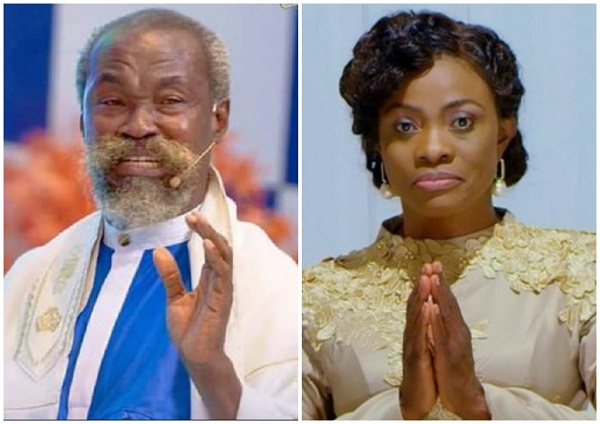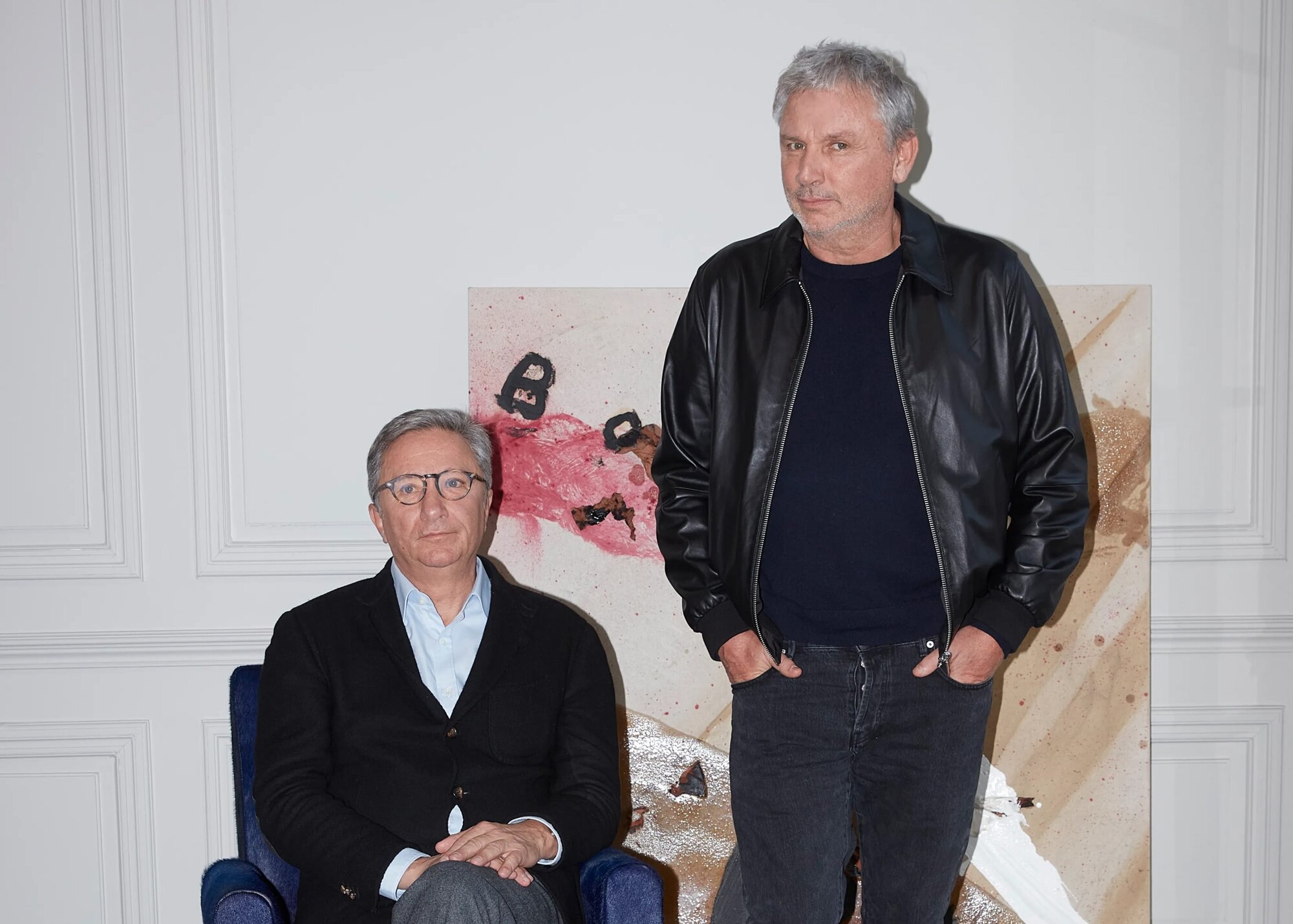SXSW London 2025 And The New Leadership Code: Feel More, Lead Better

performance at the SXSW Music Festival. (Photo by Tina Rataj.)Less
SXSW Conference & Festivals
What do guest speakers Deepak Chopra, Demis Hassabis, Wyclef Jean, and the CEO of OnlyFans have in common?
At first glance, not much. But according to SXSW London, they’re all part of the same evolving narrative.
From June 2-7, 2025 the newest global event in the SXSW constellation, after SXSW Sydney; lands in East London, transforming Truman Brewery, Rich Mix and over 32 other venues in Shoreditch and Tech City, (East London’s Silicon Roundabout) into a cultural epicenter. Yes, SXSW London will deliver over 800 conference speakers, 600 live music performances, 110 film & TV screenings, a high-profile arts programme with UK debuts, alongside networking invitations and immersive events — but I’d say it signals to something more—a new leadership blueprint for a post-logic, post-performance age.
What makes me say that?
Having delivered keynotes at numerous leading conferences around the world, I can say with some perspective that the programming here demands attention. First, the most urgent conversations on AI, media, mobility, spirituality, and the creator economy are no longer happening solely in Silicon Valley — they’re unfolding in East London and Europe. And second, in 2025, the most valuable leadership skill won’t be technological fluency. It will be emotional and spiritual fluency.
In other words, threaded throughout the SXSW London schedule is a clear cultural message:
Welcome to the age of the Spiritual Technologist.

onstage with Pranav Yadav during the "Creativity Unleashed: Bridging Minds and Machines" session at Debussy Theatre during Cannes Lions International Festival Of Creativity 2024 - Day One on June 17, 2024 in Cannes, France. (Photo by Richard Bord/WireImage)Less
WireImage
Spiritual guru turned wellness empire architect, Deepak Chopra may not seem like a first thought for a tech conference amongst a slew of AI engineers, quantum physicists and innovators in tech—but that’s exactly what I think makes his presence at SXSW London so revealing.
Because in a world increasingly flooded by machine learning, generative AI, and predictive everything, the one thing we can’t code is the one thing that audiences remain starved for— human connection. And brand trust today isn’t just built through logic, utility, or even performance; it’s built through emotional clarity, intention, and the ability to create meaningful connections. I’ve spoken before about the need for brands to be brave enough to release societal tensions and to provide permission. I have no doubt Deepak Chopra will be confronting what it means to build human-first tech, technology that listens, products that understand. Brands that don’t just function, but feel.
Audiences still care how powerful your algorithm is but they also care just as much, if not more so, about whether your brand makes them feel seen and understood in a world that increasingly doesn’t. And that in my mind is not sentimentality—it’s strategy.
Deloitte would agree. According to a study by the organization, brands that lead in human-centered connection consistently outperform those focused solely on scale or efficiency. Turns out, in a tech-saturated economy, it is indeed emotional infrastructure, not digital infrastructure, that’s becomes the defining differentiator.

Founder and CEO Demis Hassabis (R) and John M. Jumper, a senior research scientist at DeepMind, pose for a photograph after the announcement that they received the 2024 Nobel Prize for Chemistry on October 9, 2024 in London, England. Two Google DeepMind employees shared the 2024 Nobel Prize for Chemistry with David Baker, of the University of Washington, for discoveries related to the structure of proteins. (Photo by Dan Kitwood/Getty Images)Less
Getty Images
Demis Hassabis — cofounder and CEO of Google DeepMind — isn’t a personal brand in the conventional sense. He’s not posting daily insights on social media or staging podcast appearances etc. Many outside his immediate AI circle might not have even heard of him. And yet, his presence at SXSW London matters more than you might think.
Why?
Because I believe it signals a shift—or expansion—in what we’ll start expecting from the personal brands of leaders — not more noise, but more necessity. When Hassabis steps onto the SXSW London stage as part of the keynote speakers lineup, he won’t just be representing models and datasets, he’ll be embodying a new kind of leadership identity: one rooted in originality, and real authority.
So while showmanship certainly still has its place in personal branding, I believe we will start to see more leaders start to emerge with an integration — of intellect, values, and cultural relevance that might not so easily be replicated — not on social media, not as a sound bite, not in marketing decks, and not by AI. Hassabis will most likely demonstrate a leadership that doesn’t trade in optics, but trades in substance.

"The Last of Us: Cast and Creators on Season 2" during SXSW Conference & Festivals in the Austin Convention Center on March 8, 2025 in Austin, Texas. (Photo by Travis P. Ball/SXSW Conference & Festivals via Getty Images)Less
SXSW Conference & Festivals via Getty Images
Regardless of your leadership proposition, the full slate of SXSW London keynote speakers — including Wyclef Jean, Alex Kendall etc. — proves something we don’t hear enough: the future of influence no longer belongs to companies, it belongs to individuals. And not just any individuals — but those who’ve turned personal philosophy into professional momentum.
I have no doubt the winners of the SXSW pitch won’t just be pitching products, they’ll be pitching belief systems. Translating who they are into what they build. And I bet this dynamic will play out across every part of SXSW London’s regional events.
Interestingly, Harvard Business Review also states that leaders who actively shape their personal brands — grounded in values, not just image — are far better positioned to drive influence and trust across teams, industries, and audiences. And personal branding will continue to evolve from a side project to a strategic driver of professional authority.
Bottom line? What matters today isn’t just scale, it’s specificity. Audiences are done following logos. They want to follow people.

a concert at the SXSW Music Festival, Austin, Texas. (Photo by Tico Mendoza)Less
SXSW Conference & Festivals
I’ve long believed that convergence is the future—in every sense. And convergence is the exact theme of the SXSW London festival.
From film screenings of movie titles like Deep Cover, to artistic experiences and showcases by new talent from American record label scenes — and all of it powered by the energy of Tech City — SXSW London isn’t a conference. It’s a remix. The special events at SXSW London aren’t organized by verticals but a full-blown multimedia activation experience that fuses fashion, finance, faith, and futurism into something messy, alive, and urgent. Similarly, leaders must also resist the temptation to be boxed in by industry labels or parameters that give them a false sense of security.
According to Deloitte, the most fertile ground for breakthrough innovation lies at the intersection of disciplines — not within them. What does this mean? The more companies embrace convergence across technology, design, and culture, the more likely they are to lead. Because tomorrow’s brands don’t just need to coexist, they need to collide, cross-pollinate, and mutate into something entirely new.

May 21, 2025, shows the logo of British social network OnlyFans, OF. OnlyFans, which is based in London and which was created in 2016, hosts erotic content, even pornographic, as well as fitness content, musicians and other creators who post regularly online. (Photo by Loic VENANCE / AFP) (Photo by LOIC VENANCE/AFP via Getty Images)Less
AFP via Getty Images
As I’ve said before, an influential brand isn’t just seen it’s felt.
Take OnlyFans— a subscription-based content platform known for empowering creators to monetize exclusive content, from adult entertainment to fitness and music. The platform has a super engaged audience involvement — with numbers any brand would envy. But the numbers only tell half the story. From my perspective, OnlyFans true power also lies in the permission it provides its audience, in the intimacy it creates with its viewers — intangible qualities no spreadsheet or metric will ever be able to fully capture. That’s what Keily Blair, the platform’s CEO, I hope will further highlight at SXSW London: a conversation not just about growth, but about gravity.
Indeed, academic research in Sustainability confirms that empathy and emotional engagement are key to sustainable brand relationships. Brands that resonate on a human level don’t just get attention — they earn enduring loyalty.
Then there’s Topjaw, the creator duo behind travel content that’s as precise as it is personal. Their SXSW session, “A 10-Year Overnight Success,” challenges the myth of virality. This brand didn’t explode overnight but built, refined, listened, and stayed consistent until they broke through.

Blair speaks at 'How to build brand' panel during day one of Collision 2024 in Toronto, Ontario oan June 18, 2024. (Photo by Mert Alper Dervis/Anadolu via Getty Images)Less
Anadolu via Getty Images
SXSW London’s line up doesn’t seem to be just another annual event or showcase for angel investors. It’s more of a cultural barometer. A litmus test. A new kind of leadership training ground.
It’s showing us what will matter next. Not just your product but your presence. Not just your metrics but your meaning.
Because in the age of the Spiritual Technologist, your value won’t just be measured by followers, funnels, or even performance. It will also be measured by how deeply your brand moves people. By how clearly you stand for something no one else can replicate.
So chase your KPIs. Fine-tune your media plan. Launch your next campaign. But if your brand can’t stir something deeply human and if it can’t make me feel, think, or believe — then you’re just another activation lost in the scroll. And that’s one data point your dashboard will never tell you. But then again, that’s what I’m here for.
Named Esquire’s Influencer of the Year, Jeetendr Sehdev is a media personality and leading voice in fashion, entertainment, and influence, and author of the New York Times bestselling phenomenon The Kim Kardashian Principle: Why Shameless Sells (and How to Do It Right).













